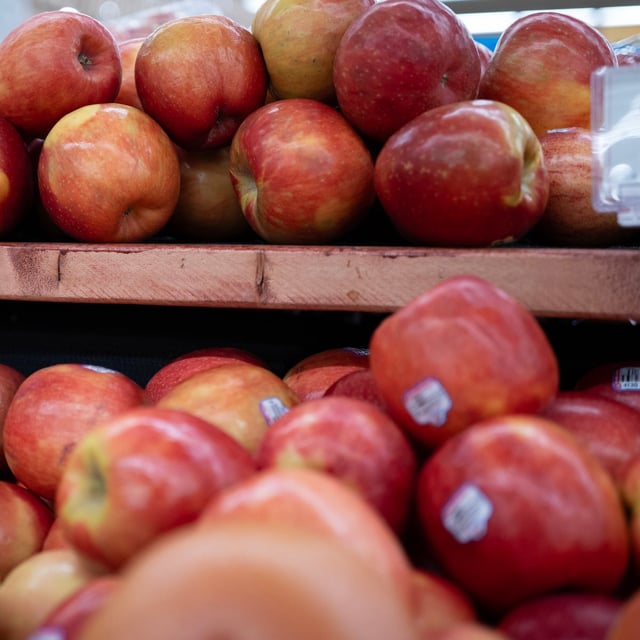Overview
- University of Leicester researchers examined UK Biobank records for 207,421 adults to relate diet, FEV1 lung function, and exposure to fine particulate matter (PM2.5).
- Per 5 µg/m3 higher PM2.5, FEV1 dropped by 78.1 ml in people who ate little fruit, compared with a 57.5 ml decline among women reporting high fruit intake.
- The most pronounced association was seen in women consuming four or more fruit portions daily, with authors noting men generally reported lower fruit intake.
- Investigators suggested antioxidants and anti-inflammatory compounds in fruit could help counter oxidative stress from pollution.
- Asthma + Lung UK and ERS experts welcomed the public-health signal but highlighted unequal access to healthy foods and pressed for tougher air-quality targets aligned with WHO guidance.

